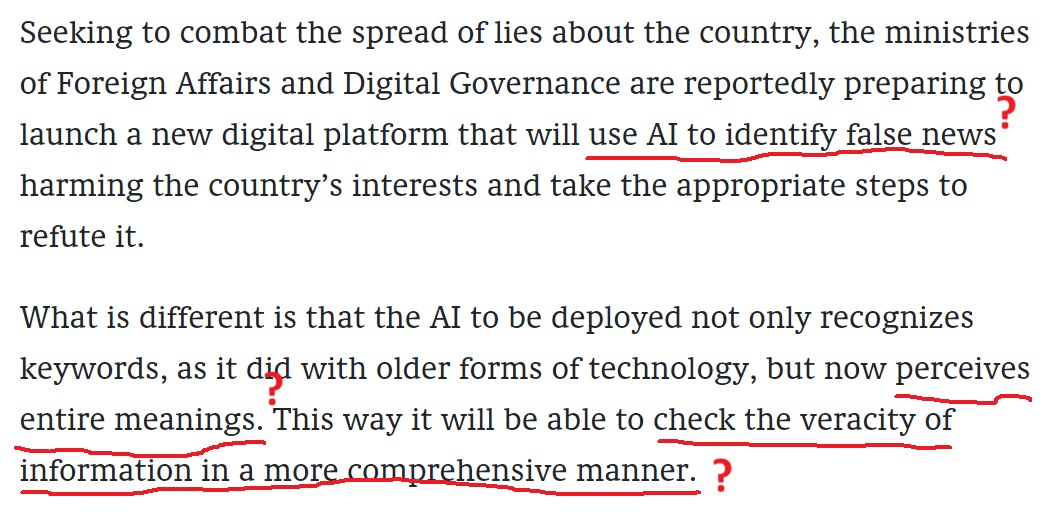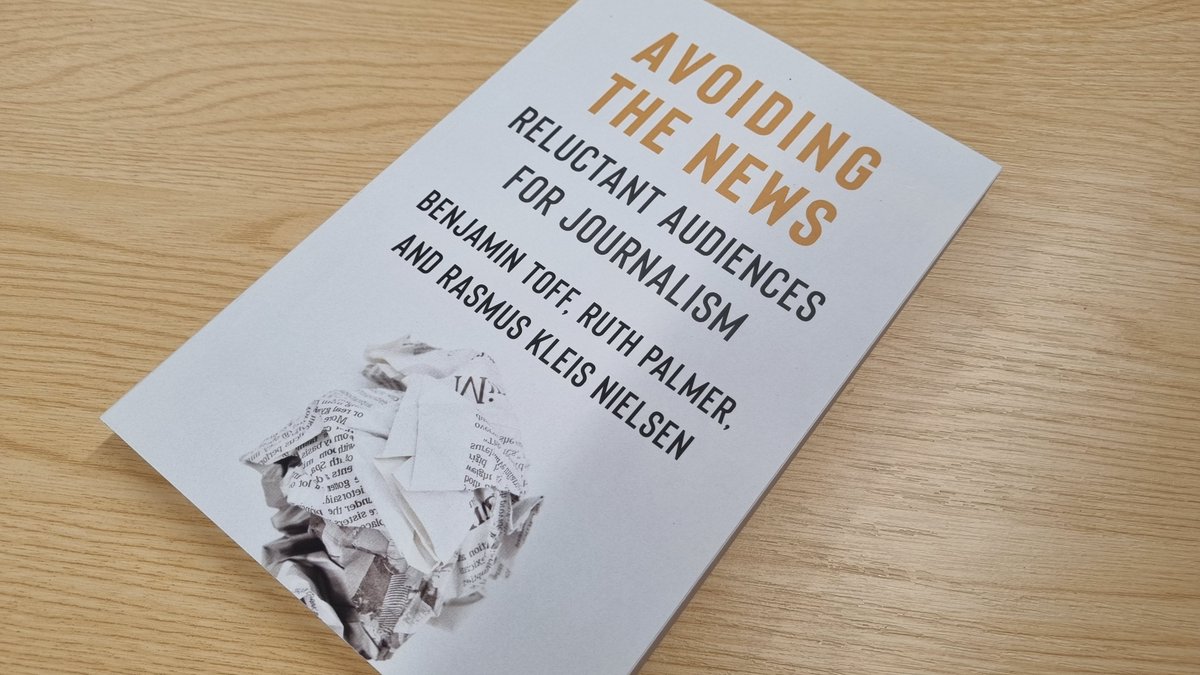“The world has changed,” new BBC DG Tim Davie said. “If we really care about this precious institution we must protect it by reforming it.”
Below a few pieces I've written on future of public service and some of the (existential) challenges BBC faces 1/5 on.ft.com/3bsAAVX
Below a few pieces I've written on future of public service and some of the (existential) challenges BBC faces 1/5 on.ft.com/3bsAAVX
First (not me!) read @Nadine_Writes reporting on experience of some current+former black employees: “The BBC is institutionally racist. The institution was never built for us but we were allowed to come in." BBC also has challenge around audience here huffingtonpost.co.uk/amp/entry/bbc-… 2/5
Then me from June: "rallying around the Beeb does not change the fact that the BBC faces existential challenges, including political criticism from both the right and the left and, most fundamentally, waning public attention" reutersinstitute.politics.ox.ac.uk/risj-review/wo… 3/5
Me from March: "BBC is fundamentally a political creation, and its existence depends on continued broad-based political support." Widely used and broad trusted by public but faces political attacks from elites and activists on left and especially right cjr.org/opinion/bbc-li… 4/5
Finally, in February, @annisch @dragz and I took stock of what research can tell us about the role of the BBC and public service news in the UK. reutersinstitute.politics.ox.ac.uk/risj-review/bb… 5/5
• • •
Missing some Tweet in this thread? You can try to
force a refresh











